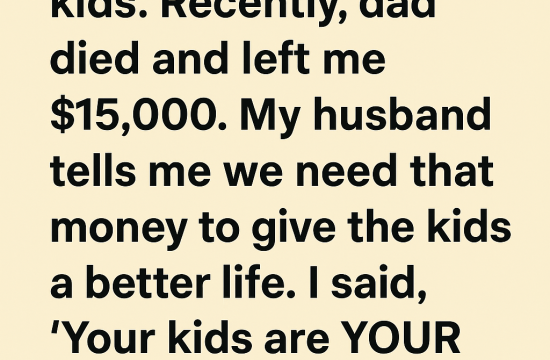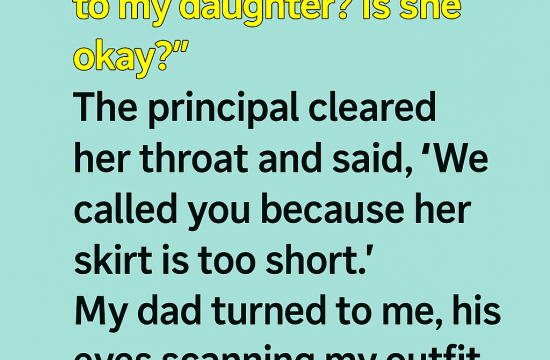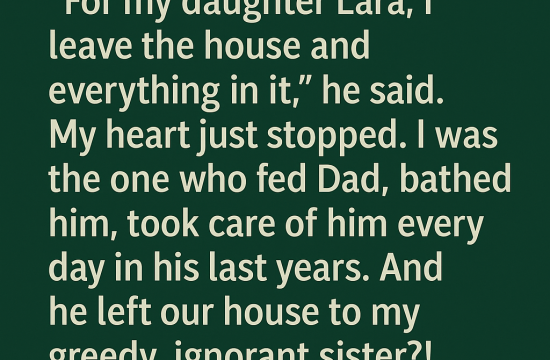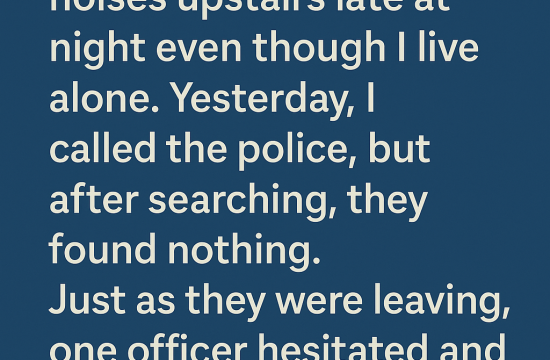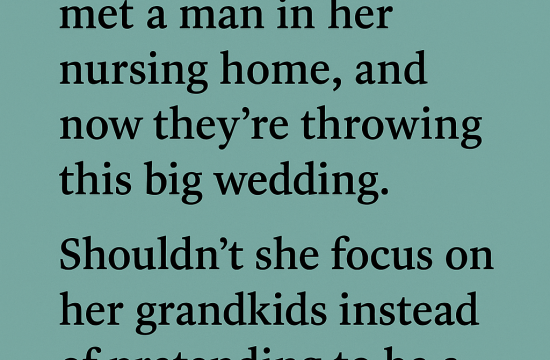A couple should always have a private discussion about whether or not to have children. When additional family members become involved, things may get messy—and sometimes, even destructive.
Take this example. A mother could not handle the notion of having no biological grandchildren, so she refused to leave her daughter any inheritance.
“I told her she wasn’t getting my inheritance,” the mother admits.
She explains, “My daughter married last year, and I had been quietly hoping for a grandchild ever since. Every time I saw her, I wondered when the announcement would come. Then one day, she sat me down and said, ‘Mom, I’m infertile.’
I was stunned. Instead of comforting her, I blurted out, ‘Then you will not receive my inheritance.’ The words were sharp, thoughtless, and came from a place of disappointment rather than compassion.”
Weeks later, the daughter and her husband adopted a baby girl. They were overjoyed. “She came to me,” the mother recalls, “and asked, ‘Mom, does this count?’ I answered coldly, ‘No, she’s not biologically yours.’”
But to the mother’s horror, a week later, her daughter and son-in-law arrived at her home—with adoption papers and a lawyer.
“My daughter’s eyes were swollen from crying, but her voice was steady. She said, ‘You made it clear that blood is all that matters to you. So we’ve made our decision.’ Then her husband stepped forward, holding their daughter close, and handed me a document.
It was a petition to formally terminate my rights as a grandmother.”
Her daughter’s words cut deeper than any knife: “If she isn’t your family, then neither are we.”
The door slammed, leaving the mother in stunned silence.
“I couldn’t believe it. In one moment, I lost not just the granddaughter I refused to accept, but also my own daughter. And now… I don’t know what to do. My pride cost me my family.”




